Travel tips for opera lovers – St. Petersburg and Mikhail Glinka
Mikhail Glinka in St. Petersburg
The series about historical places of opera art & culture. Get to know exciting excursion and travel ideas for opera lovers. This time: Mikhail Glinka in St. Petersburg.
All Destinations on google maps with links to detailed Blogposts:
Mikhail Glinka in St. Petersburg
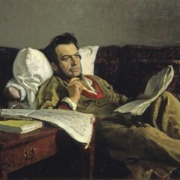
Mikhail Glinka can be considered the forefather of Russian classical music. He spent most of his active life in St. Petersburg. The opera “A Life for the Tsar” from 1834 is considered to be the first independent Russian classical music and therefore the first Russian opera and had a decisive influence on the next generations of Russian musicians. It was the first opera whose libretto was in Russian and in which a man from the people played the leading role and not a nobleman, which was unheard of for that time.
In particular, Rimsky-Korsakoff and the Mighty Five embraced its legacy and established national Russian music (in contrast to the more Western-oriented Tchaikovsky). The work, as well as his second important opera “Ruslan and Ludmila,” were first performed at St. Petersburg’s Bolshoi Theater (not to be confused with Moscow’s), which was demolished in 1888 to make way for the new Conservatory.
Destination Glinka Chapel
Glinka was for a time the director of the Imperial Court Chapel, a choir at the solde of the Tsar and the oldest professional choir in Russia. In 1838, he traveled to Ukraine and recruited 20 singers for the choir. Rimsky-Korsakoff was one of his successors and still today this choir enjoys a high reputation. The Academic Chapel is one of the oldest concert halls in St. Petersburg and is famous for its acoustics.
Chapel Choir:
https://www.justgorussia.co.uk/en/academic_glinka_capella.html
Destination Glinka Monument
The statue was erected in 1904. It first stood in another place, then had to be changed location because it hindered the increasing motorized traffic. It is an imposing bronze monument, the base of which is made of red granite.
Glinka Monument:
Destination Tikhvin Cemetery
Glinka was a frequent traveler in the last decade of his life, and after a stay of several months he died unexpectedly of a cold in Berlin. His body was subsequently repatriated and his tomb is located in the cemetery of the Alexander Nevsky Monastery.
Glinka’s grave:

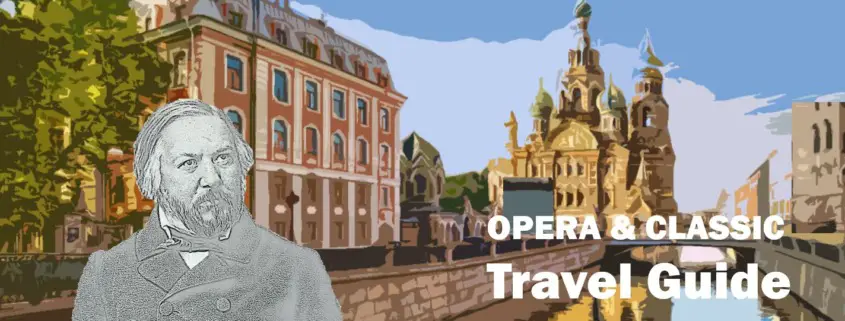
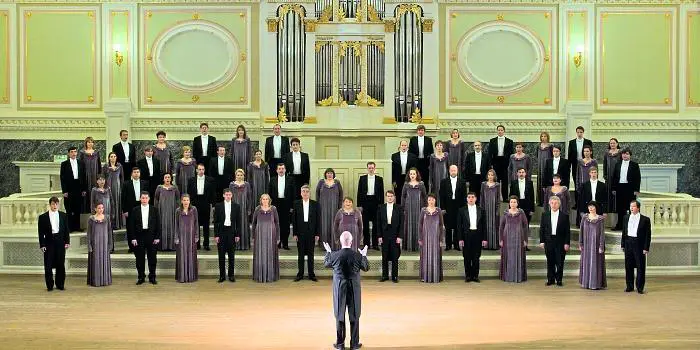
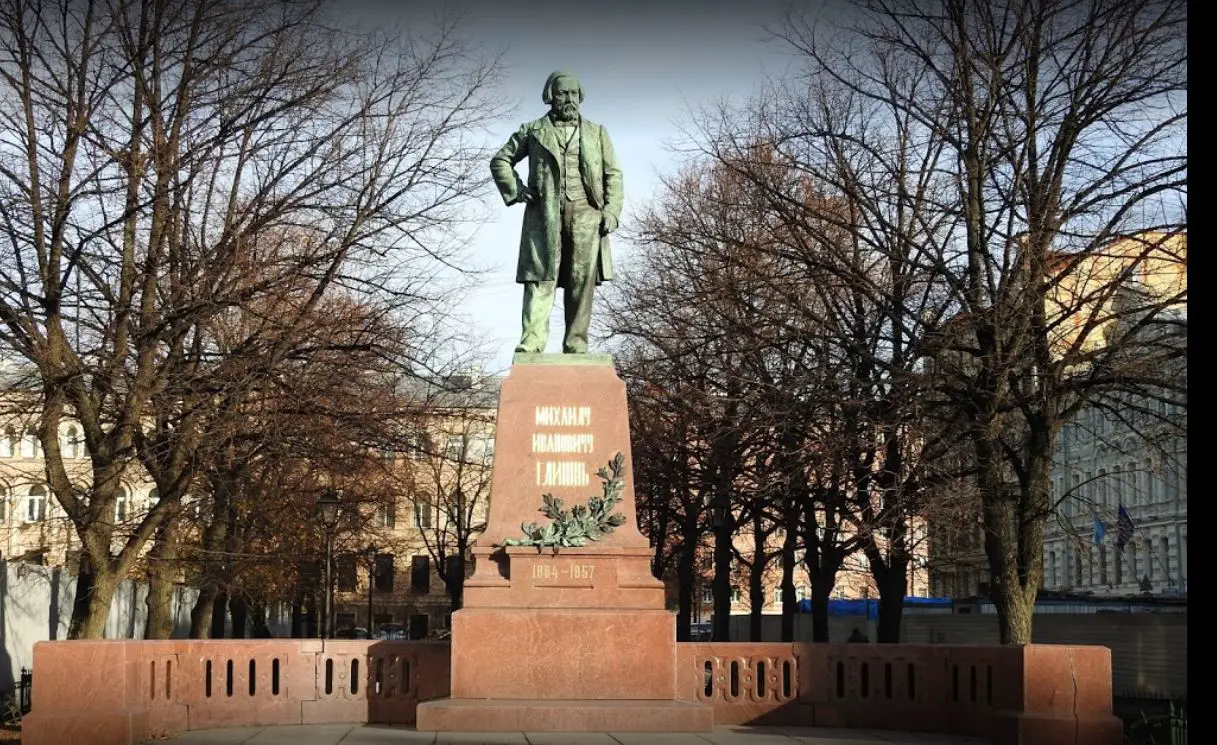
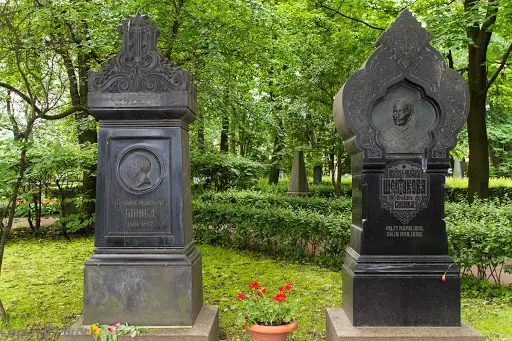


Leave a Reply
Want to join the discussion?Feel free to contribute!